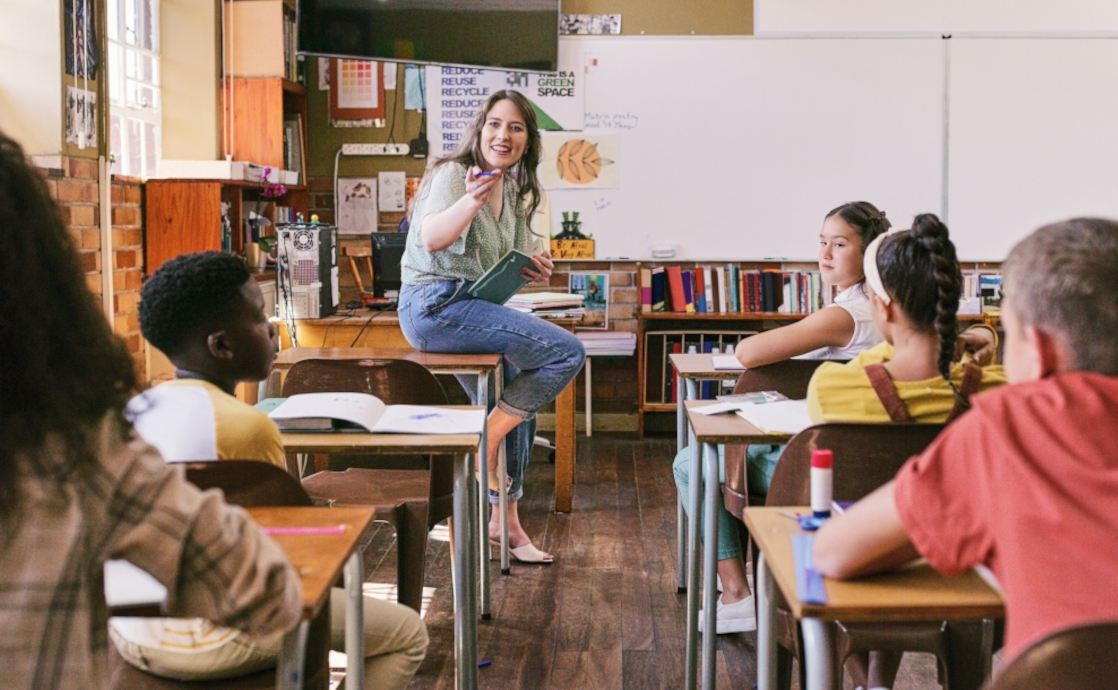The views expressed in our content reflect individual perspectives and do not represent the authoritative views of the Baha'i Faith.
Sometime today—somehow, somewhere—I lost an item of great sentimental value, something I have enjoyed for many years.
When I noticed it missing, I searched everywhere I could remember being today. Alas, my search brought no results, other than a reminder that even material objects are not permanent.
RELATED: How Becoming a Baha’i Fulfilled a Spiritual Search
I suppose in a way we all search for something. Whether we search for information, improved health, satisfying work, friends to share adventures, or our purpose in life—we are all seekers and learners.
So seeking doesn’t have to mean that something is missing or that we’re discontent. To the contrary, it may mean that we’re curious, engaged, energized, or challenged.
As children, we wanted to learn because we were looking for answers about the world and the people in it. Though there were limits to what we could understand or learn at any given age, we were curious.
RELATED: How I Explained to My Children What Happens After We Die
As grown-ups we continue to search and to learn, though at some point we will again reach our limit. The reason isn’t because there isn’t more truth out there; rather we eventually reach the extent of our human limitations and ability to comprehend. Abdu’l-Baha, one of the central figures of the Baha’i Faith, offered this explanation:
… God is almighty, but His greatness cannot be brought within the grasp of human limitation. We cannot limit God to a boundary. Man is limited, but the world of Divinity is unlimited.
As individuals and as part of humanity, we can advance through intellectual, scientific, and creative endeavors. The Universal House of Justice expressed this idea in its 1985 publication The Promise of World Peace, noting that as spiritual beings our fulfillment comes from more than our accomplishments:
But such accomplishments alone have never satisfied the human spirit, whose mysterious nature inclines it towards transcendence, a reaching towards an invisible realm, towards the ultimate reality, that unknowable essence of essences called God.
The Baha’i writings present a relationship between the search for truth and the goal of unity, as our individual paths will lead us to each other. Along the way, we encounter and are guided by teachers.
Where would we be without our teachers? From our earliest days they were ever-present. I suspect we can all think of our favorite teachers. For example, I remember an English teacher who valued structure and precision in language. Even if it seemed tedious at the time, what she taught me has been useful throughout my life.
Then there was my French conversation professor during my university years. He used to tell stories in French that were so engaging that we students found ourselves understanding far beyond our actual level of instruction. His enthusiasm for stories taught me more than I realized at the time.
Outside of educational settings, we learn from so many other people, ranging from formally-trained journalists to the person on the next treadmill at the gym. They may be concerned with information or some aspect of current events, some of which will be subjective or attitudinal.
This is where things can get tricky; subjective ideas, opinions, or attitudes can be true for one person but not for another. Beyond that, for something to be true for someone, it is not enough to have been taught it. The beliefs of parents or teachers, blindly passed down to children, may not withstand the test of time. Rather, the basis for an authentic life is what we have gleaned from others and then examined thoroughly for ourselves. This idea also helps to explain the differences between prejudice, vain imaginings, and truth. From a Baha’i perspective, every human being has the duty to carefully examine what we’re taught and to decide for themselves what to accept. In a talk in 1912, Abdu’l-Baha said:
The first teaching of Baha’u’llah is the duty incumbent upon all to investigate reality. What does it mean to investigate reality? It means that man must forget all hearsay and examine truth himself, for he does not know whether statements he hears are in accordance with reality or not. Wherever he finds truth or reality, he must hold to it, forsaking, discarding all else; for outside of reality there is naught but superstition and imagination.
In today’s world, where our interdependence has perhaps never been more evident, I want to translate my learning into action. If I have learned something, and if I use that as a guiding principle in my own life, then something good can come from that action.
What better reward for learners and seekers than to discover a purpose for what they have found and learned?
















Comments
Sign in or create an account
Continue with Googleor